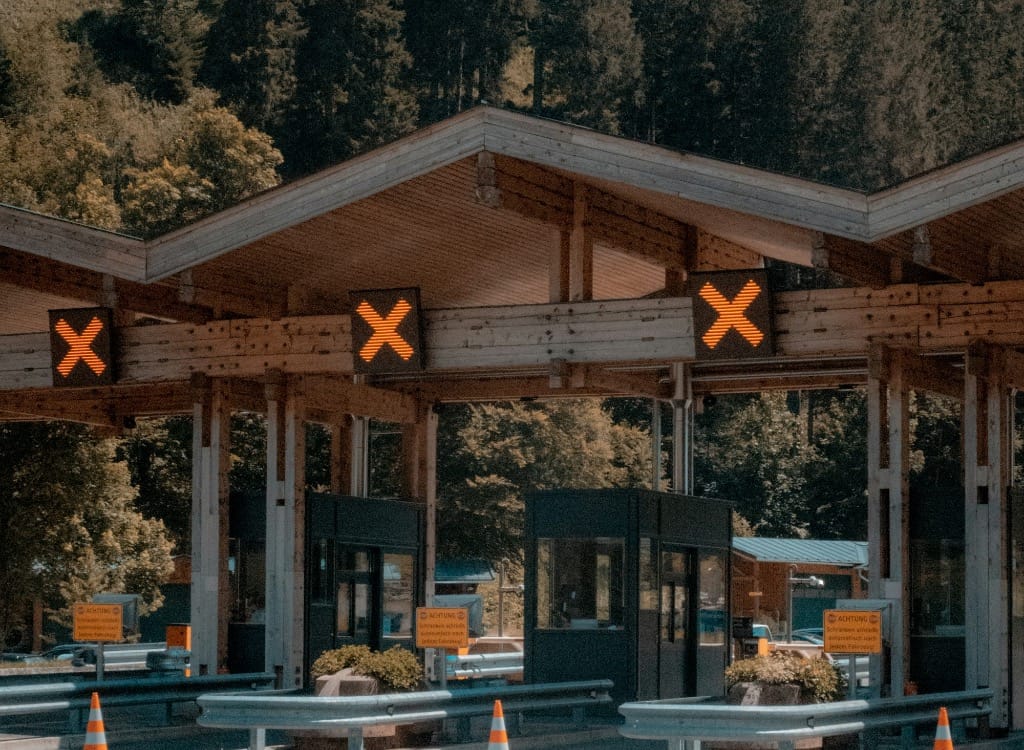NTIA Not Sold on NextNav Proposal for GPS Supplement
The agency proposed the FCC wait for field test results before a rulemaking.
Jake Neenan

WASHINGTON, Sept. 23, 2024 – The White House’s top telecom advisor is wary of one company’s proposal for nationwide GPS supplement.
NextNav, a geolocation company, went to the Federal Communications Commission with an idea to reorganize the 900 MegaHertz (MHz) band, setting aside 15 megahertz for the company to operate a terrestrial network that it said would make GPS more accurate and allow it to offer 5G broadband. The FCC asked for comments on the plan last month, and it received pushback from spectrum sharing proponents and transportation agencies that use the band.
The National Telecommunications and Information Administration told the FCC it agreed something like NevtNav’s proposed system is necessary. But the NTIA said that after consulting with the Department of Transportation, it also worries the proposal would result in interference with important systems.
“USDOT has significant concerns that NextNav’s proposal could disrupt tolling operations, railroad operations and safety, freight and trucking logistics, bridge, highway and other infrastructure maintenance, and pipeline operations,” the NTIA wrote Friday, the deadline for reply comments in the docket. “NextNav has yet to allay these concerns with hard data.”
The agency recommended the FCC grant NextNav a short-term license to do field testing before initiating a rulemaking on the proposal. The company has said it’s in talks with more than three dozen incumbent users to share technical details and start working on joint tests.
“Working with transportation stakeholders, the testing must demonstrate that the NextNav system will not cause harmful interference to, or operationally degrade, transportation incumbents,” NTIA wrote.
Currently, the 902-928 MHz band is occupied primarily by federal radiolocation systems and some medical and scientific devices. Secondary to those are licensees providing “location and monitoring services,” and below LMS are amateur radio users. Unlicensed devices get last priority.
NextNav is already one of the main LMS license holders. Transportation incumbents use a kind of LMS license with lower priority than NextNav, in addition to unlicensed devices.
"We are pleased NTIA and DoT are reaffirming the critical need for a system like NextNav’s, and we agree on the need for necessary testing to ensure that railroad and tolling operations in the lower 900 MHz band continue to thrive" alongside its proposed network, NextNav CEO Mariam Sorond said in a statement.
The company defended its proposal in a reply comment shared with Broadband Breakfast.
“No one else has proposed a credible solution to the widely recognized and increasingly urgent problem that the United States has no widescale [terrestrial positioning, navigation, and timing] service to complement and back up GPS where the GPS signal is obstructed or when outages occur,” NextNav wrote.
The company said fears of harmful interference were overblown, arguing that unlicensed devices are already well equipped to avoid interference from higher tier users and reiterating its contact with transportation licensees, maily railroad and tolling operators.
In any event, NextNav said refusing its plan on the basis of concerns from lower tier users would amount to “turning the well-established license hierarchy upside down to favor their rights over NextNav’s.”
Analysts at New Street Research have said they expect the FCC to move forward with NextNav’s plan in some form, despite the agency’s Democratic majority generally being responsive to spectrum sharing proponents.
This story was updated with a statement from NextNav CEO Mariam Sorond.









Member discussion